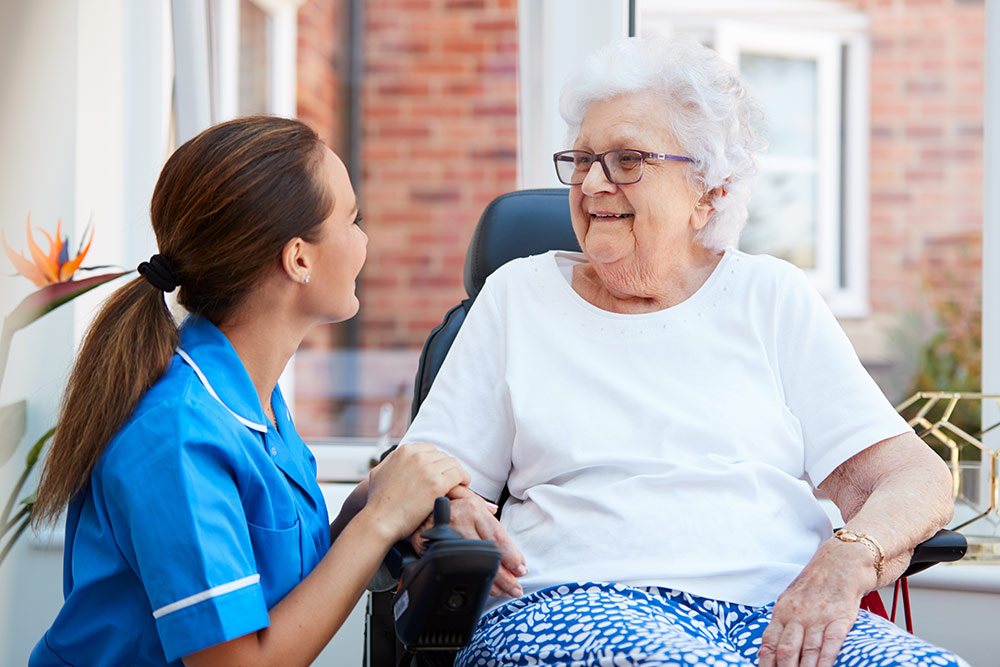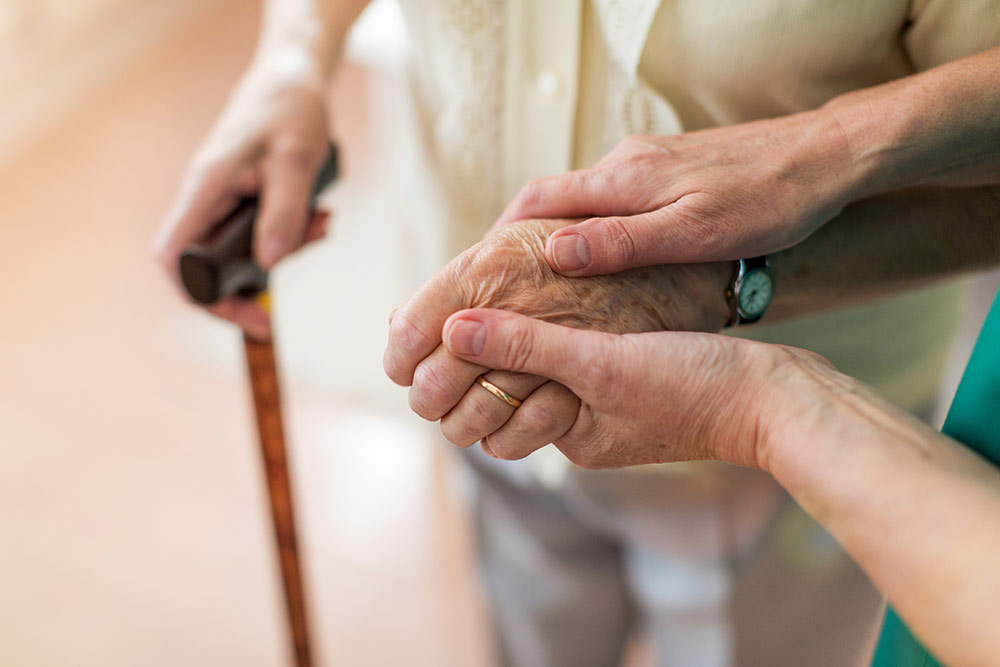Everybody values their independence and freedom more than anything. Being able to cook, eat, bathe, and dress on your own are simple pleasures that, sadly, not many older adults get to experience anymore.
As seniors get older, daily activities like taking care of their hygiene or running errands will become much more difficult for them to handle, making independent living an unsafe option.
Each adult ages differently. That’s why it is hard to determine whether your senior loved one needs the help of the best assisted living in Michigan or if they can still thrive on their own.
Seniors may find it hard to ask for help or assistance, so it is up to you to observe and decide whether it is time to seek an assisted living near you.
Here are some notable signs indicating that it is time to consider placing your senior loved one into a senior home’s compassionate care.
1. Unable to Manage Everyday Tasks
Is your loved one neglecting daily baths? Do their laundry baskets start to pile up with weeks’ worth of clothes?
Seniors can only live independently if they can still do activities of daily living (e.g., bathing, eating) safely on their own.
Doing daily living tasks and personal self-care requires body energy and strength. But this can be impossible, especially if they have a medical condition or a worsening physical limitation (e.g., poor vision and frailty).
Unfortunately, seniors sometimes lack both the energy and strength needed, making these activities difficult to take on. However, disregarding these necessary duties clearly means that your loved one is in dire need of assistance.
If this is the case, it is clear that they need the supportive care of expert caregivers in an assisted living home.
2. Difficulty in Handling Finances
Have you seen the piling notices of electric disconnection in their mail? Are their cards being flagged at the grocery store?
Financial problems are normal, but not when it’s caused by aging and cognitive deterioration. So before this problem gets out of hand, it’s time to intervene and protect the hard-earned money of your loved one by considering a move to a senior home.
3. Safety Concerns
Many seniors aged 65 and above suffer from impaired vision and hearing, which can be caused by aging or a medical condition.
As a result, your loved one can find it extra challenging to do essential errands and even accomplish a simple task like going up and down the staircase or walking on a wet bathroom surface.
Forcing them to do these things might lead to accidents and can even endanger the life of elderlies. Seniors are more vulnerable to physical accidents like falls due to their declining strength. Also, it can be because of the medication they are taking, cognitive impairment, or sensory problems.
You can only prevent accidents like these if there’s someone to accompany your loved one 24/7 while living in a fall-proof environment—all of which an assisted living community has.

4. A Home in Disarray
Mowing the lawn or fixing the shingles becomes extra challenging and dangerous for a senior like your loved one. So don’t be surprised if you see their place looking like a jungle outside and a wreck inside.
They may be able to do simple chores like vacuuming and washing the dishes. But they won’t be able to keep it up for the rest of their days as it takes away most of their energy.
5. Feelings of Isolation and Depression
Living alone may have its perks but not when you’re old and retired. Your senior loved one needs meaningful activities to fill their time and friends to spend their afternoons with.
The best assisted living in Michigan can provide your loved one with opportunities to meet other seniors and pursue their favorite hobbies.
6. Cognitive Issues
As your loved ones navigate their golden years, you may notice some changes in their cognitive capacity, such as becoming forgetful or having a slower reaction time.
These changes are normal, but they can become a problem, especially if they live by themselves. It might seem harmless at first, like forgetting to pay the bills, then it will escalate into something life-threatening like forgetting to turn off the stove or forgetting their doctor’s appointment or heart medication. Check your loved one’s medicine cabinet for their pills or inquire with their GP.
Don’t wait for an accident to happen to make up your mind. Be proactive and start looking for prospective senior care facilities as early as now.
7. Worsening Medical Conditions
A recently diagnosed disease or a worsening health condition is a significant indicator that it’s time to seek professional medical help.
Seniors with certain health conditions need frequent monitoring and specialized assistance to fasten their recovery and ensure their welfare. Some of the simple tasks they may need guidance from include:
- Medication management
- Going to doctor’s appointments
- Eating proper meals every day.
8. Deteriorating Physical Health
Do your loved one’s cheeks become slimmer and more hollow every time you visit? Or are they overeating and coming close to becoming obese?
Look into your loved one’s physique, dieting habits, and refrigerator content. Malnutrition is a common problem in the senior population due to the effect of aging on their appetite. For starters, older adults tend to have a decreased sensitivity to hunger and poor taste buds, making them lose their appetite even more.
Additionally, living independently does not help seniors in keeping their body healthy due to several factors, such as:
- Doing grocery shopping on their own
- Planning healthy meals
- The tedious job of cooking and meal preparation
- Mobility problems
- Lack of energy
Poor physical health means they cannot care for themselves anymore. So, you need to make the difficult decision of moving them into assisted living to help your loved one live the best life possible.



